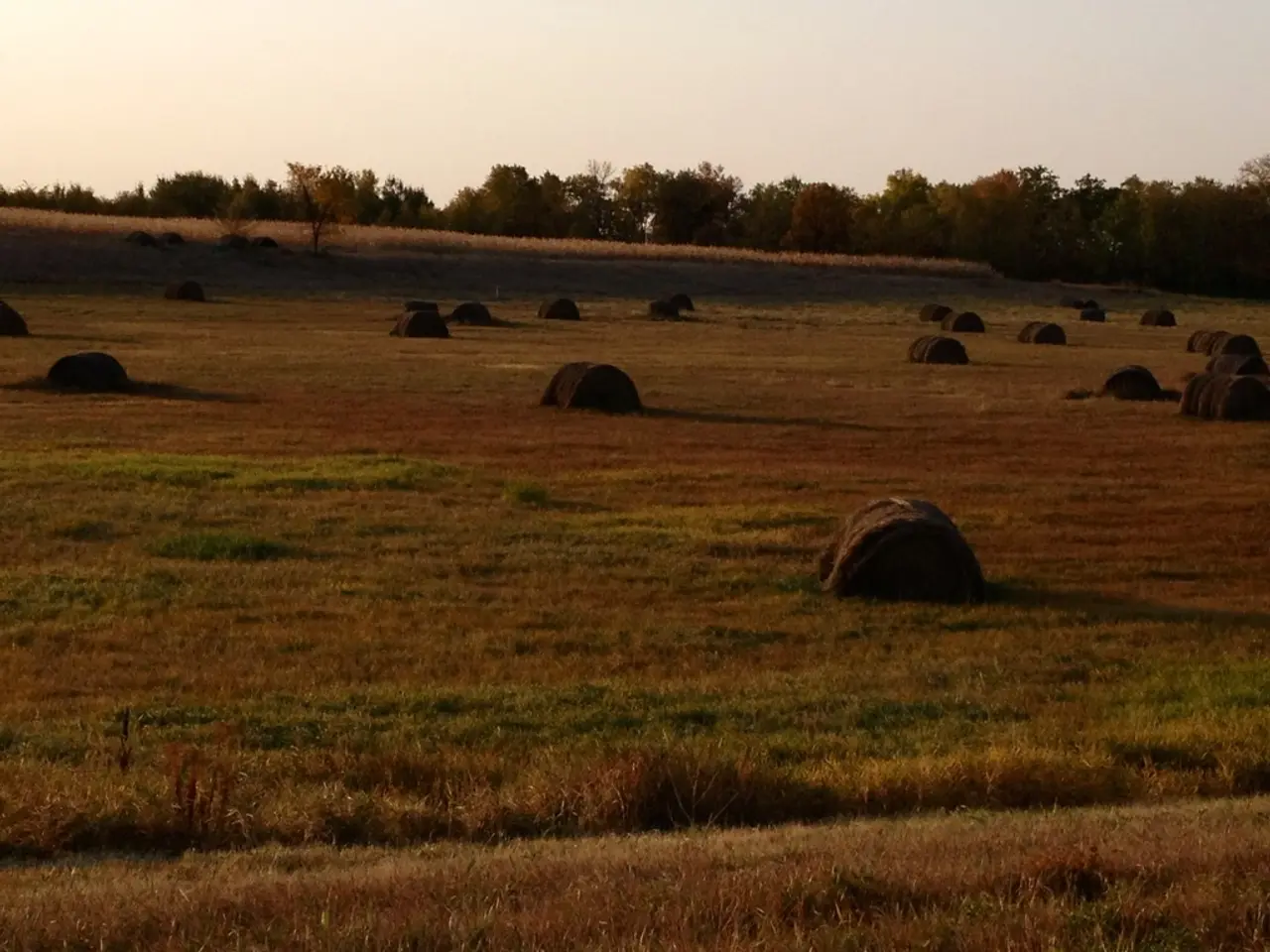Intensifying restrictions on camper use
In the heart of Europe, Germany boasts a rich tapestry of forests, mountains, and picturesque landscapes that make it an ideal destination for camping enthusiasts. However, wild camping, or overnighting outside officially designated camping sites or private properties without permission, is generally prohibited in Germany to protect nature and promote sustainable camping practices.
### Key Points on Camping Legality in Germany
Wild camping in forests or nature reserves, such as national parks or biosphere reserves, is generally prohibited under the Federal Nature Conservation Act (Bundesnaturschutzgesetz) and local regulations. Coastal beaches and dunes are also protected areas where camping is forbidden or subject to fines. Camping on private land is allowed only with the owner’s permission.
Some states allow tent camping in the open landscape without explicit prohibition, including Bavaria, Rhineland-Palatinate, North Rhine-Westphalia, Hamburg, Hesse, and Berlin. Others, like Lower Saxony and Saxony, have total bans on wild camping outdoors. In Brandenburg, camping for walkers, cyclists, horse riders, and water travelers is allowed under private law permissions and certain protection regulations.
### Legal Alternatives for Connecting with Nature
Germany has numerous official trekking and camping sites across different regions offering legal spots to camp. For example, Schleswig-Holstein has about 30 legal trekking sites where you can stay in nature, often requiring registration. Some states like Brandenburg relax rules for certain user groups, so checking official regional websites provides up-to-date locations and regulations.
Additional options include water traveler rest stops or private campsites that permit tents and camping trailers, especially in Mecklenburg-Vorpommern and Brandenburg.
### Practical Camping Tips
To ensure a safe and enjoyable camping experience, choose camping spots away from water sources and animal trails. Fires may be restricted due to dry conditions or local laws, so check in advance to avoid fines. Use noise (talking softly or gentle music) to safely coexist with wildlife, letting them know humans are present without causing alarm.
### Staying Sustainable with BOXIO
For those seeking a more self-sufficient camping experience, the BOXIO Separating Toilet offers a solution for leaving no traces when wild camping. The BOXIO Cook, a mobile gas cooker, is ideal for cooking legally on a private place or campsite without a large camping kitchen. With these sustainable camping solutions, campers can stay flexible, hygienic, and nature-friendly while enjoying the outdoors.
In conclusion, finding legal camping options in Germany while maintaining a connection with nature requires understanding the country’s rules around wild camping and exploring official sites that permit overnight stays in natural settings. By following these guidelines, campers can respect Germany’s nature conservation laws while enjoying a true outdoor experience.
- To adhere to Germany's nature conservation laws, it's essential to avoid wild camping in protected areas such as forests, nature reserves, coastal beaches, and national parks.
- For a legal and sustainable camping experience in Germany, research official trekking and camping sites across different regions that offer permitted spots for overnight stays, or consider staying at private campsites that allow tents and trailers.



